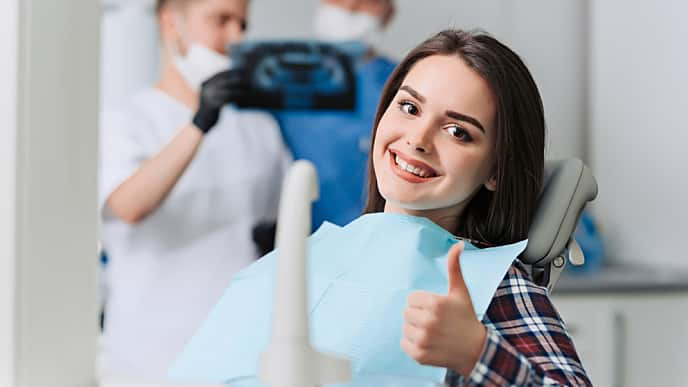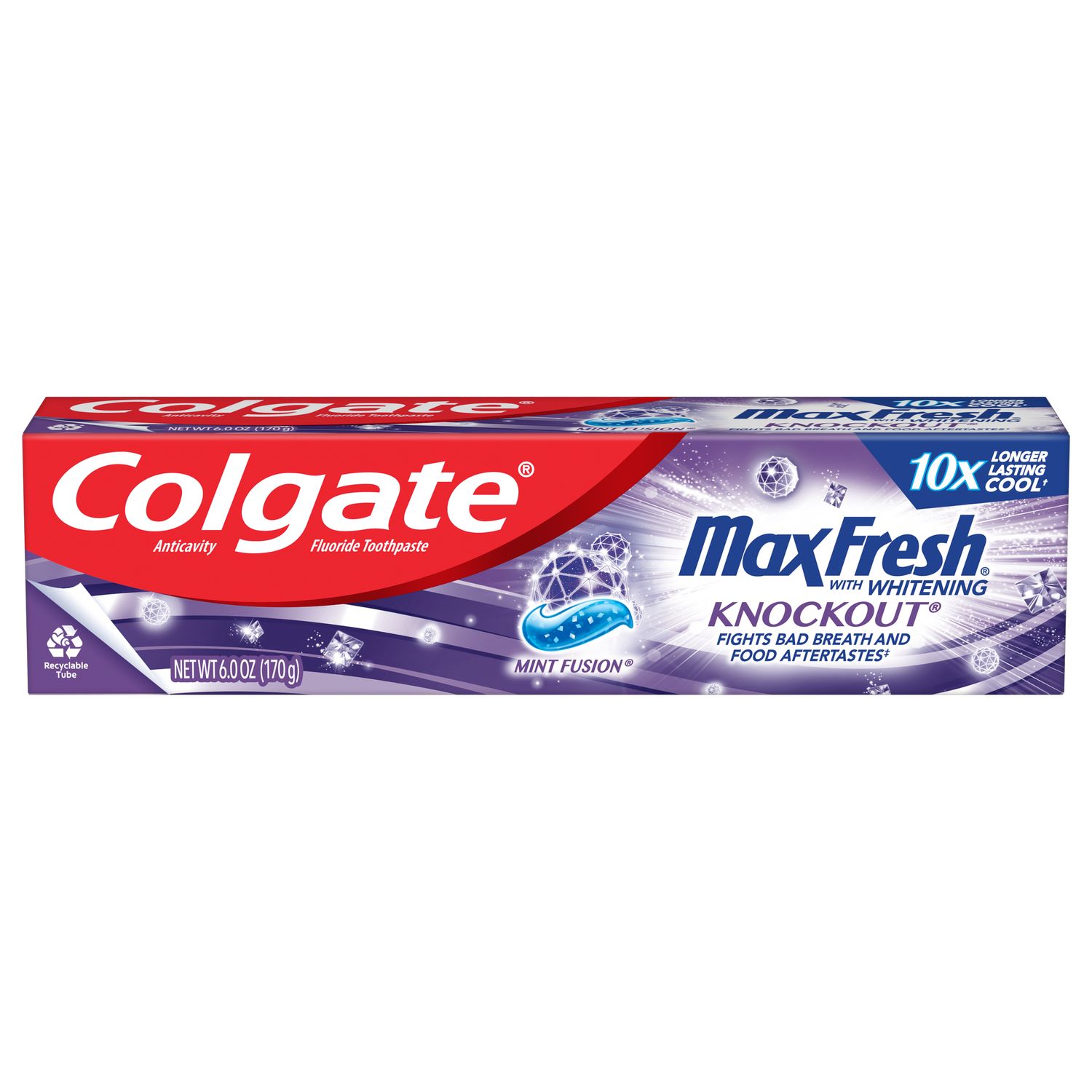The most common cause of bad breath is poor oral hygiene. The mouth is home to a lot of bacteria, which feed on the foods and drinks in our diet and break them down into strong-smelling compounds. If we don’t clean away food debris and bacteria with daily oral hygiene, bacteria will flourish and the result will be bad breath.
Another common cause of bad breath is eating food that has a strong odor, such as garlic and onions. In addition to leaving a strong smell in your mouth, the pungent compounds in these foods travel to your bloodstream and get exhaled via the lungs. That’s why you can often smell these foods on your breath long after your meal.
Dry mouth can also cause bad breath. That’s when you don’t have enough saliva to rinse away food debris and bacteria and keep your mouth clean. Alcohol, coffee, smoking, heavy exercise, snoring, and medications are all common causes of dry mouth.
Occasionally, bad breath can be a sign of a serious condition like diabetes, liver failure or kidney disease.
How to Cure Bad Breath
Learn how to cure bad breath by following these simple tips…
Brush your teeth and floss regularly
For the best results, brush your teeth at least twice a day with a fluoride toothpaste and floss at least once a day. This should effectively remove the food and bacteria trapped between your teeth and along your gum line.
Clean your tongue
Brushing and flossing is not usually enough to cure bad breath alone. The tongue is also a breeding ground for bacteria and can also trap, dead cells and food debris. Use your toothbrush or a tongue scraper to thoroughly clean your tongue.
A dry mouth happens when there is not enough saliva in the mouth. This is why you might wake up with "morning breath," but it can occur at any time of day. Drink a lot of water throughout the day to help stimulate saliva production.
Watch what you eat
Simply cutting out strong-smelling foods might not be enough to cure bad breath. High- protein and low- carbohydrate diets can cause a foul odor in your mouth. For example, not eating enough carbohydrates will trigger your body to burn fat instead of sugar, causing a type of bad breath often referred to as “keto breath.”
If you’re already practicing good oral care habits but still have bad breath, it might be time to see your dentist to check if your breath is being caused by a more serious issue, such as gum disease.
How To Cure Bad Breath Caused by Medication
Dry mouth is a side effect of hundreds of commonly prescribed medications. But if you think that your dry mouth is being caused by a medication you’re taking, don’t just stop taking it! Speak to your doctor about your concerns and they may be able to switch you to a new medication or give you advice for managing dry mouth. Your dentist may also be able to help.
How To Cure Bad Breath From Throat Mucus
Congestion in your nasal passages or sinuses – perhaps because of allergies or an infection – can cause something called post-nasal drip. This is when mucus drips down from the nasal area and into the back of your throat, often causing bad breath. If you have a short-term infection, then your post-nasal drip and bad breath should resolve when you recover. However, if you have allergies or chronic congestion, see your doctor for advice on how to alleviate your symptoms.
How To Cure Bad Breath From The Stomach
Sometimes, bad breath can arise from the stomach. For example, acid reflux can cause stomach acid to escape the stomach and travel up into the esophagus (food pipe), leaving a sour smell on your breath. Other conditions, like Crohn’s disease, can leave partially digested food to ferment in your digestive system, creating an unpleasant smell. If you have gastrointestinal conditions such as these, your doctor will be able to advise you on how to cure bad breath and manage other symptoms.
Can Bad Breath Be Cured Permanently?
In most cases, yes, you can cure bad breath for good. Start by improving your oral hygiene and diet, booking in for a professional cleaning, and addressing any other oral health problems you may have. If that doesn’t help, your dentist or doctor will be able to help you get to the root cause and cure your bad breath once and for all.
Oral Care Center articles are reviewed by an oral health medical professional. This information is for educational purposes only. This content is not intended to be a substitute for professional medical advice, diagnosis or treatment. Always seek the advice of your dentist, physician or other qualified healthcare provider.
Oral Care Center articles are reviewed by an oral health medical professional. This information is for educational purposes only. This content is not intended to be a substitute for professional medical advice, diagnosis or treatment. Always seek the advice of your dentist, physician or other qualified healthcare provider
ORAL HEALTH QUIZ
What's behind your smile?
Take our Oral Health assessment to get the most from your oral care routine
ORAL HEALTH QUIZ
What's behind your smile?
Take our Oral Health assessment to get the most from your oral care routine















